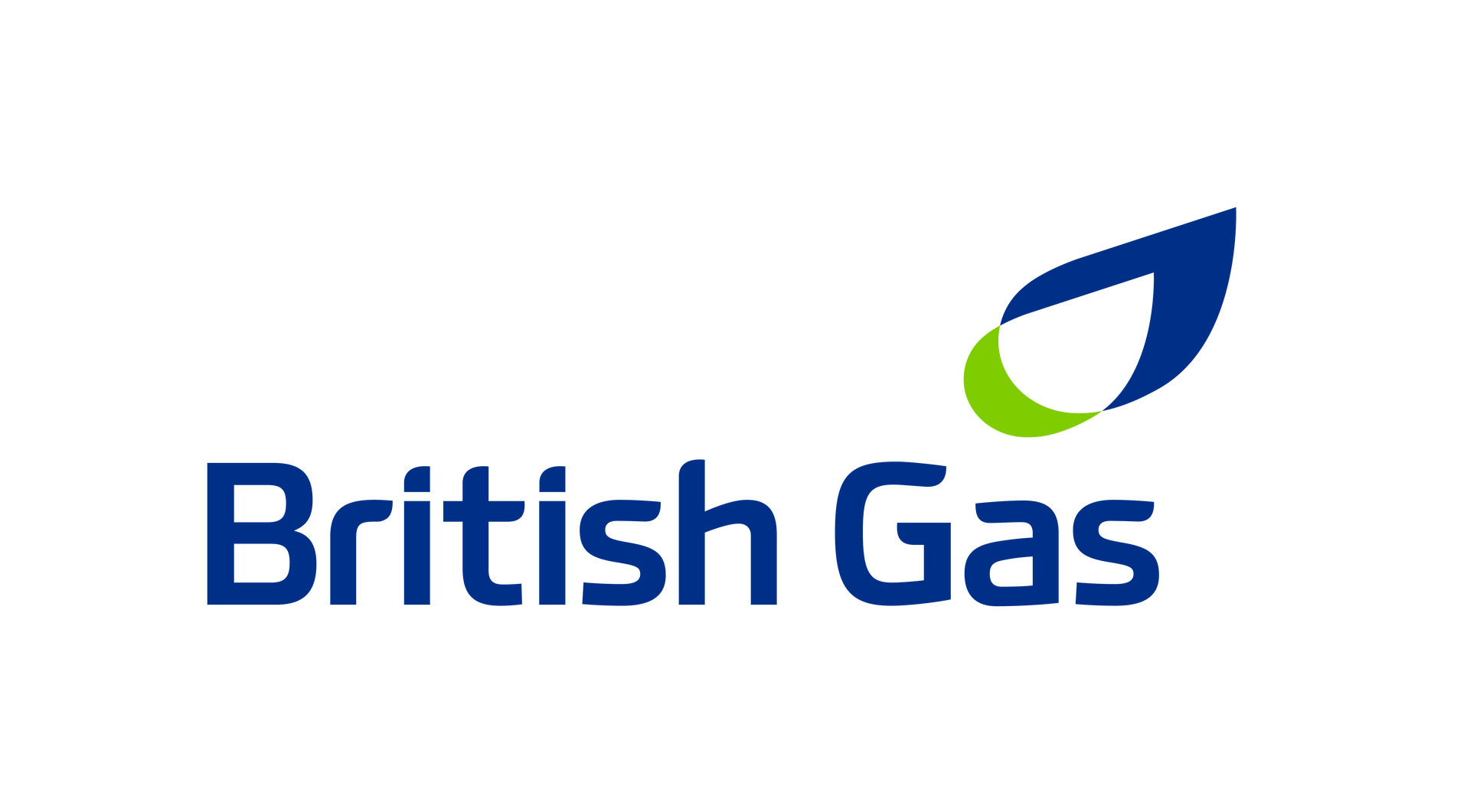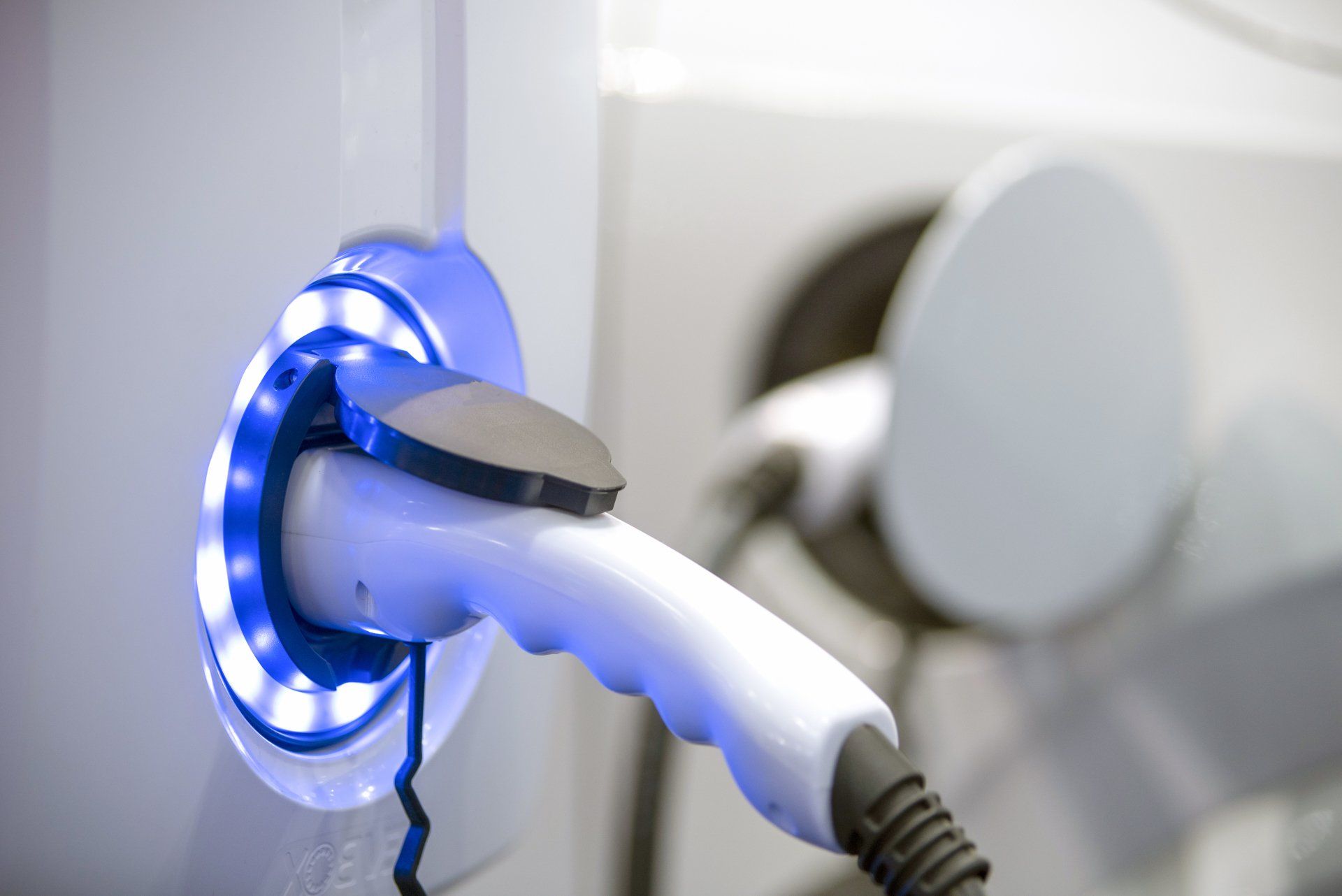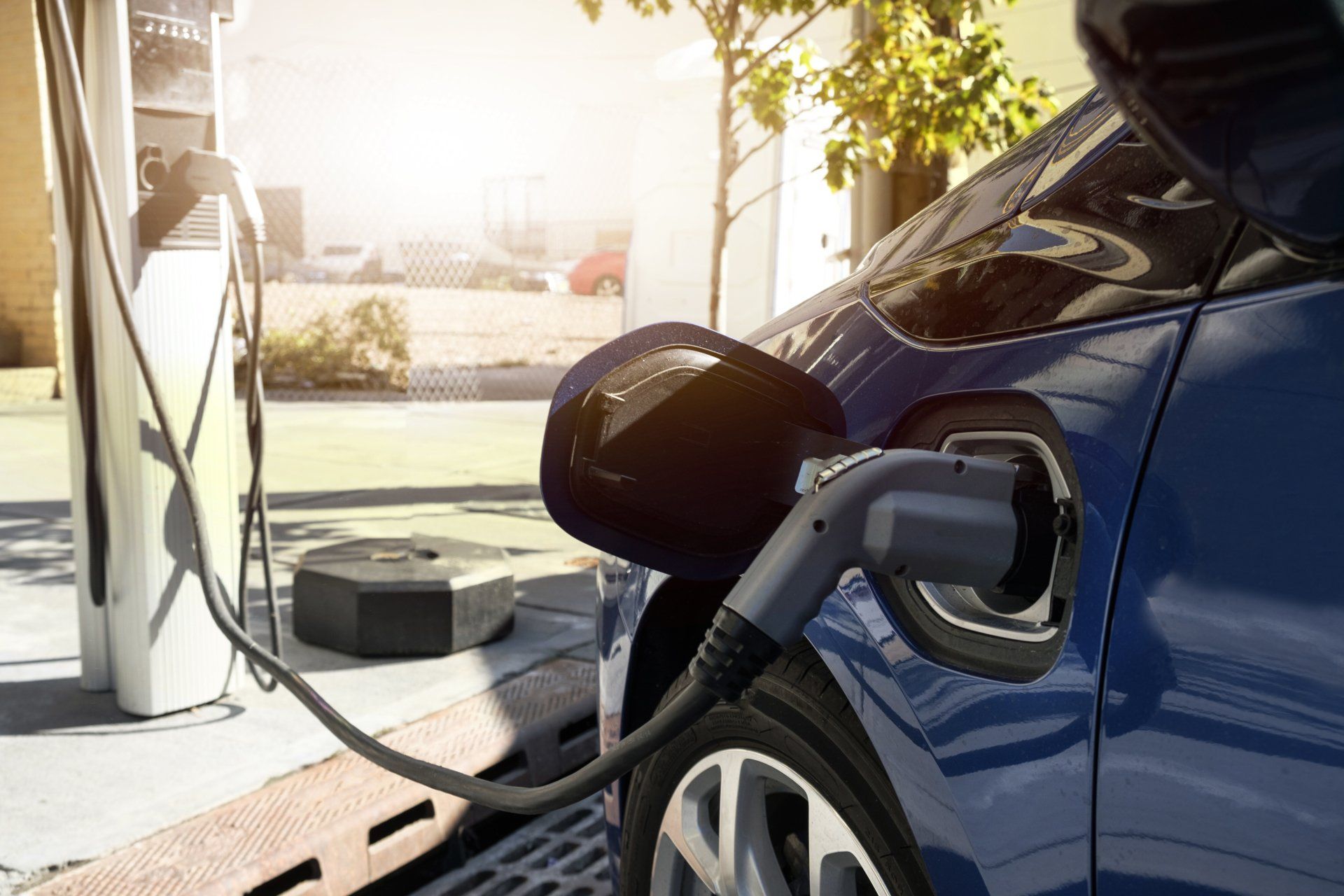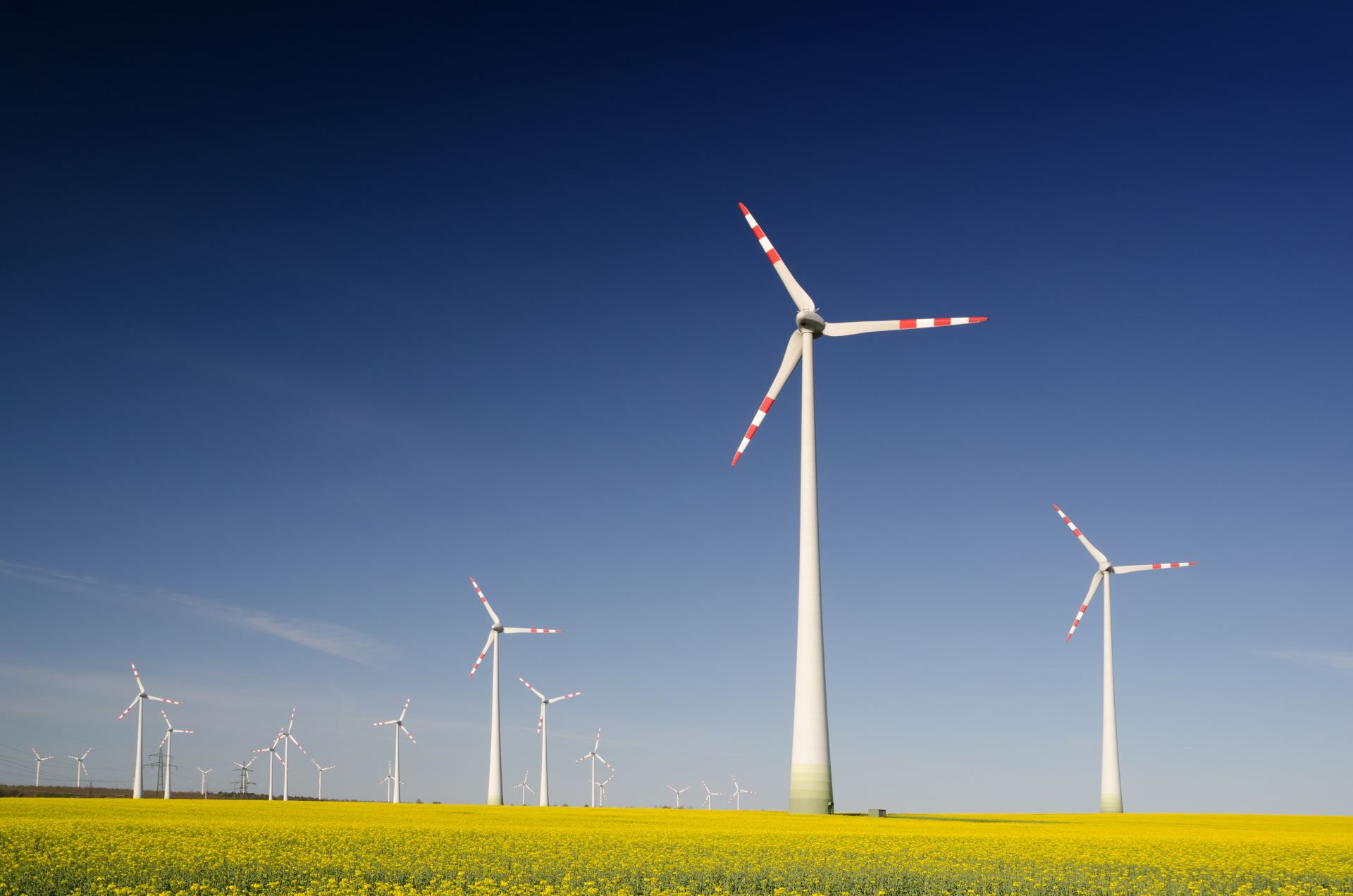Follow us
Winter has arrived. Goodbye autumn, hello frozen windscreens, bitterly cold fingers and that moment we turn up the thermostat.
But for manufacturers, winter can bring more than just frosty machinery and a shortage of
gritting salt.
Winter means sniffly noses and coughing colleagues, with illness costing the UK economy an estimated
£100bn each year.
And let’s not forget the weather. Ice, fog and heavy snowfall all have an impact – remember the disruption caused by the ‘Beast from the East’ during the winter of 2018? Freak events like that can cost the UK around
£500m a day.
Sounds grim, doesn’t it. So, are there any opportunities to save money have a positive impact during winter? Luckily, there are: using energy more efficiently.
This manufacturer, for example, is saving £400,000 a year on energy bills. The uncertainties over Brexit make reductions in OpEx like this very welcome.
The UK has successfully reduced its CO2 emissions by
44% since 1990 and the UK is the first major economy to commit to reducing carbon emissions to net-zero by 2050. But the path to net-zero is strewn with obstacles. This is where the law steps in…
The green arm of the law
Three regulations you need to know about
Lease contractsare changing
Minimum Energy Efficiency Standard (MEES) forces landlords to make properties more environmentally friendly. Right now, it only applies to new leases, with properties needing to score an EPC rating of E or better.
What you need to do:
Change is coming – from 2023 onwards MEES will apply to ALL property leases. You and your landlords will need to act to make your properties more
energy efficient.
New energyreporting rules
From 2019 onwards, new carbon and energy reporting rules come into play, replacing the older CRC rules. Called Streamlined Energy and Carbon Reporting (SECR), it affects around 12,000 businesses across the UK.
What you need to do:
check to see if your business
meets the criteria for SECR and make sure you have access to the numbers. You may need a comprehensive energy management platform, like
Energy360 from British Gas.
Government incentives to upgrade your heating
The Government’s
Business Non-Domestic Renewable Heat Incentive Scheme
gives you money for installing an eligible air source heat pump, ground source heat pump or biomass boiler.
How other businessesare doing it
More sustainable energy systems, like solar, heat pumps, CHP gas and biomass are helping businesses across the UK cut costs and reduce their carbon footprint.
• The O2 Arena in London now runs on 100% renewable electricity. Read more.
• A care home in Salford has reduced its residents’ bills by 25%. Read more.
• A college in Devon is saving itself £37,000 a year with biomass boilers. Read more.
• Companies House cut its bills by £45,000 a year and reduced emissions. Read more.
• Newcastle United now saves 390 tonnes of CO2 each year. Read more.
What to do next
You probably already have a sustainability plan in place, so ask your sustainability or estates teams about your business’s environmental, social and corporate governance strategy (ESG). Asking the right questions can speed things along: What does the roadmap look like? Is the business proactively requesting licences to refit and upgrade your HVAC and energy systems? What’s being done right now?
Your chance to save money
This is your opportunity to lead your business towards a more sustainable, cost-effective future. Check out our tips below and find out how British Gas can help you cut energy costs and start using greener energy sources.
43%
of electricity supplied by British Gas comes from renewable resources – significantly more than other
energy providers.
Tips
•
Promote your sustainability efforts to customers.
• Speak to your landlord about upgrading your buildings, insulation and HVAC systems.
• Talk to our energy experts today to explore your sustainability options and see how much you could save
• Speak to your landlord about upgrading your buildings, insulation and HVAC systems.
• Talk to our energy experts today to explore your sustainability options and see how much you could save
Read more...
Contact us
> Call now*
Call now to get an energy quote for your business or email
andrew.winter@britishgas.co.uk

Wholesale energy prices have experienced unprecedented levels of volatility since the end of summer 2021, with both day ahead/spot and future contracts surging to all-time highs. In the last couple of months, prices have decreased but still remain high compared to a year ago. This period of high energy prices is expected to continue for the foreseeable future (see next section). Energy prices have surged for a number of reasons: A global increase in gas demand following the ease or end of Covid-related restrictions throughout 2021. After the pandemic, economies across the world started to recover. Asian countries like China saw their imports of Liquified Natural Gas (LNG) increase. This resulted in lower LNG shipments to the UK and Europe. On the supply side, the Covid-19 lockdowns pushed some maintenance work from 2020 into 2021 at a time when demand was recovering. In 2021, gas production hit a record low of 363TWh, 47TWh below the previous record low in 2013. Low production was the result of an extensive summer maintenance schedule which saw shutdowns at several major terminals, as well as the Forties Pipeline System which serves a significant proportion of UK gas and oil production. A lack of wind in the summer resulted in higher demand for conventional power. European gas storage in 2021 and Q1’22 remained far below previous years and it’s unclear how these are going to be replenished in the summer given the concerns around supply including the potential suspension of Russian gas flows due to sanctions. The 1,234km offshore Nord Stream 2 gas pipeline, which was designed to double the flow of gas between Russia and Germany (and by extension the rest of Europe) has been abandoned following the invasion of Ukraine. Gas storage in the UK is extremely minimal with capacity at less than 2% of the UK’s annual demand, compared with 22% for other European countries. Whilst the UK is not heavily reliant on gas coming from Russia, it sources almost half it’s gas supply from Europe. Hence, wholesale gas and power prices in the UK are now subject to knock-on-effects from the conflict in Ukraine.
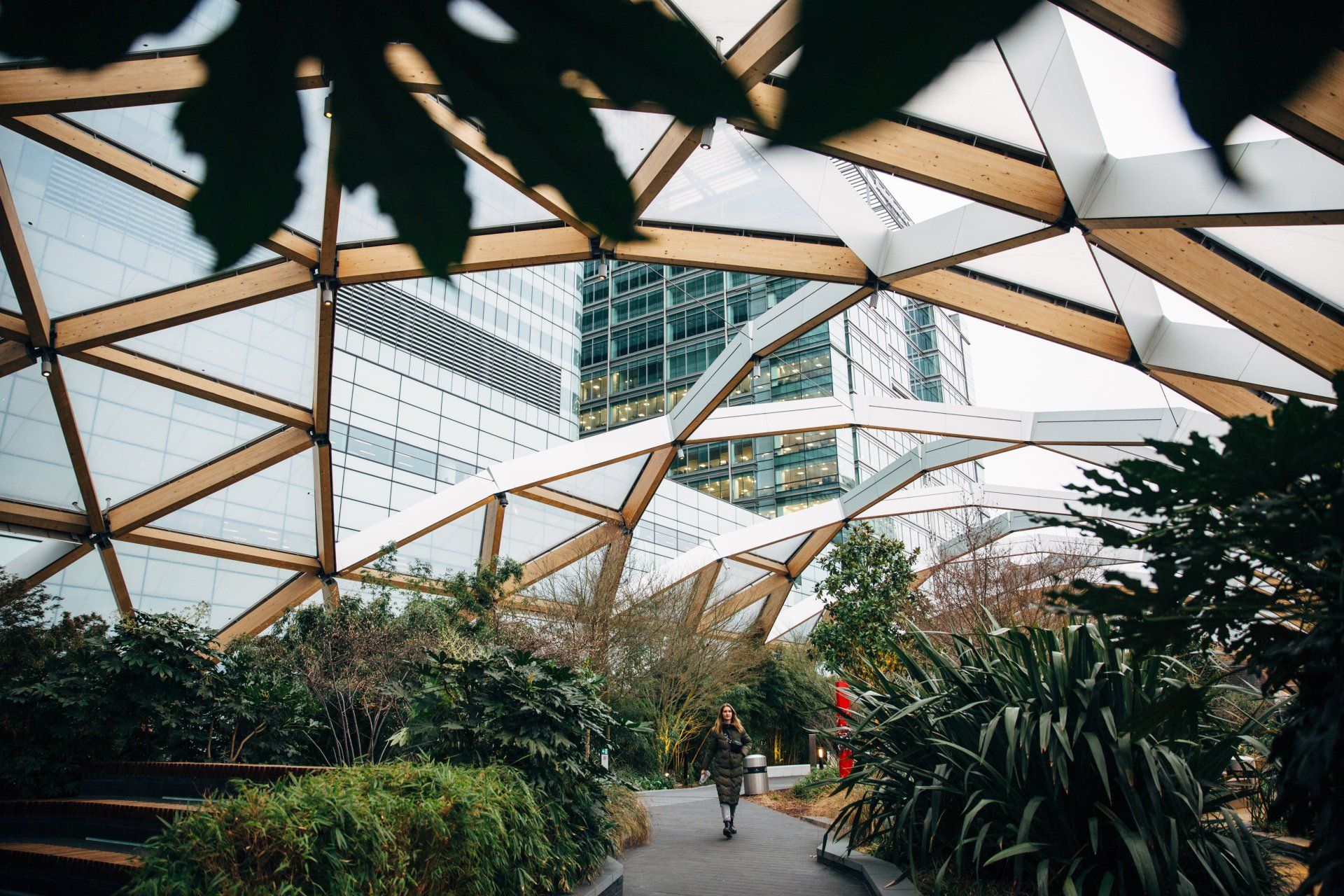
Amidst rising energy costs, digitalisation, growing pressure from stakeholders and increasing regulation, organisations may struggle to define their pathway to a low-carbon future. What can you do to protect your business’ net zero plans from the challenges of volatility? Disruption and volatility are putting organisations under pressure. Digitalisation and new technology developments continue to challenge existing business models. Its increasing dependence on energy and encouraging businesses to drive change to secure competitive advantage. And as customers, employees and shareholders look to engage with companies who understand the importance of decarbonisation, pressure is mounting to prioritise sustainability.
